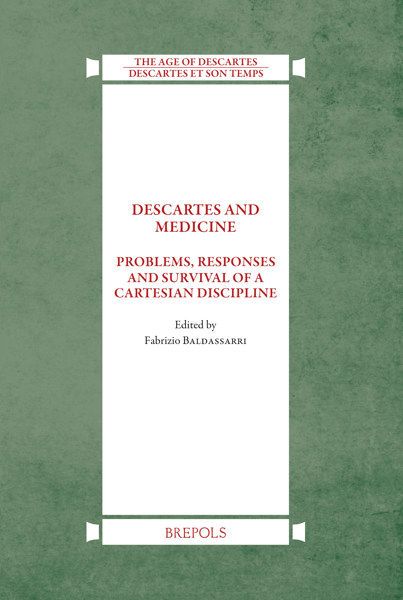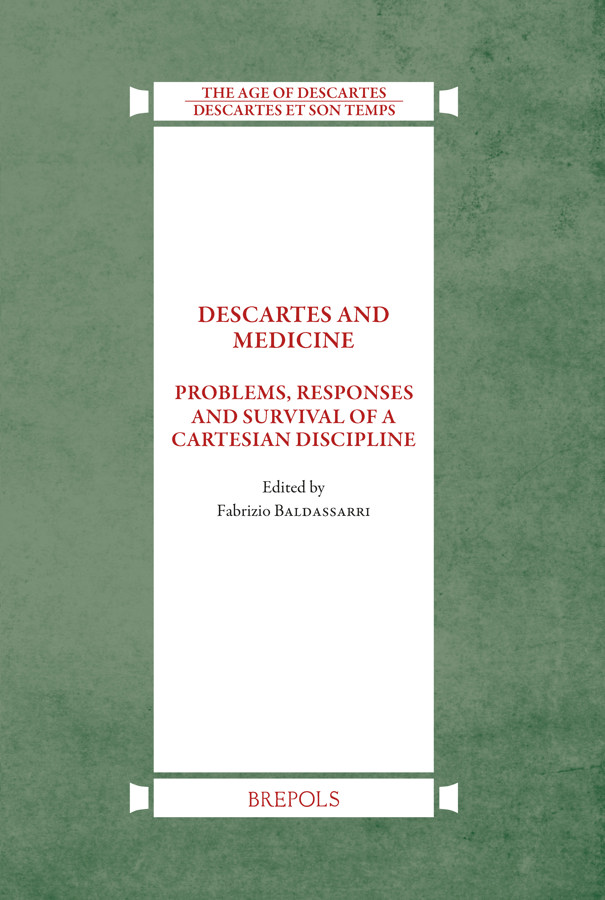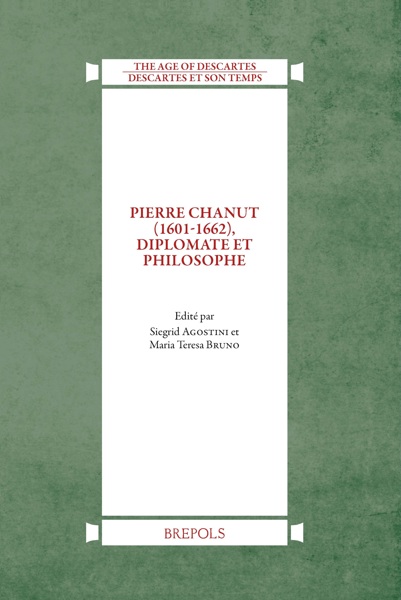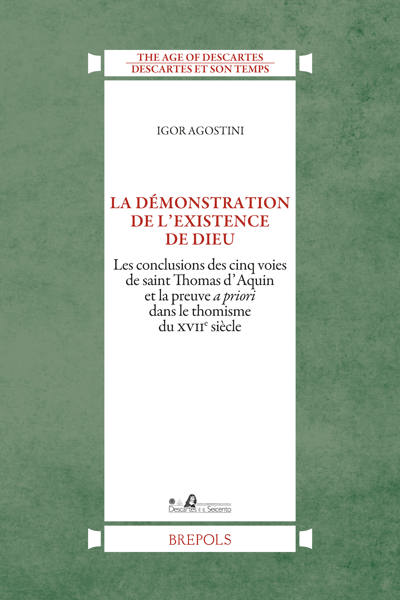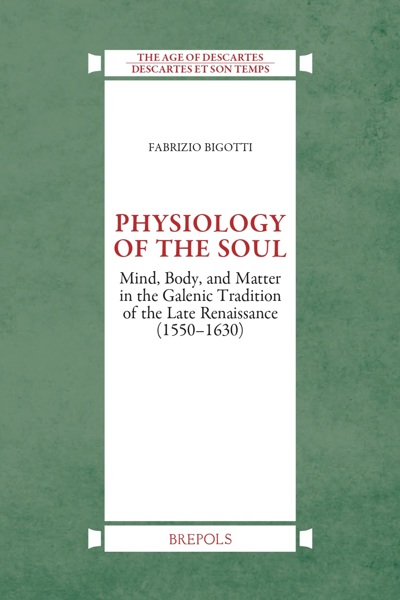
Descartes and Medicine
Problems, Responses and Survival of a Cartesian Discipline
Fabrizio Baldassarri (ed)
- Pages: 484 p.
- Size:156 x 234 mm
- Illustrations:15 b/w
- Language(s):English, Italian
- Publication Year:2023
- € 125,00 EXCL. VAT RETAIL PRICE
- ISBN: 978-2-503-59461-3
- Hardback
- Available
- € 125,00 EXCL. VAT RETAIL PRICE
- ISBN: 978-2-503-59462-0
- E-book
- Available
This book explores Descartes’ possible sources, his medical texts and observations, his collaborations and adversaries, and the reception of his medical work in seventeenth-century culture.
Fabrizio Baldassarri is a Marie Sklodowska Curie fellow at Ca’ Foscari Venice. He works on Descartes’ natural philosophy (and natural history), and especially on the application of his method on medicine, botany, and the life sciences. He also works on plants and vegetal life in early modern natural philosophy.
This volume provides a more exhaustive interpretation of René Descartes’ medical views and its reception in the seventeenth century. Filling the gap in the recent scholarship, the contributions in the volume follow four axes: exegetical, textual, philosophical, and contextual. Authors in this book deal with Descartes’ physiology, anatomy, and therapy by reconstructing Cartesian texts, detailing possible medical and philosophical sources, discussing medical collaborations and oppositions, and exploring obscurities and failures in Descartes’ medicine. In laying bare the more promising issues of Cartesian programme and discussing the reception and opposition in the seventeenth century, the volume also uncovers the limitations within his interpretation, ultimately revealing a more nuanced application of his methodology to a field of natural philosophy. While medical studies play a not secondary role in Descartes’ entire work, the volume aims to discuss in detail the importance of medicine as a suitable field to understand Cartesian philosophy from a significant perspective in seventeenth-century Europe.
Fabrizio Baldassarri, Introduction: Lights & Shadows in Descartes's Medicine
Part 1. Descartes's Medical Philosophy: Sources and Texts, Dissections and Reflections
Gideon Manning, Descartes's Cartesian Medicine: Past, Present, and Future
Simone Guidi, Epigenesis and Generative Power in Descartes's Late Scholastic Sources
Jil Muller, Ambroise Paré and René Descartes on Sensation in Amputated Limbs
Annie Bitbol-Hespériès, Anatomical Debates on Hearts and Brains and Philosophical Issues from Descartes's Writing of L'Homme to its Posthumous Publications
Tawrin Baker, The Medical Context of Descartes's Dioptrique
Fabrizio Baldassarri, A Medicine in the Shadows: The Bio-Medical Manuscripts and a Compendium Descartes Never Published
Carmen Schmechel, Fermentation as 'Heat-Rarefaction' and Animal Spirits in Descartes's Medical Philosophy
Lynda Gaudemard, What Descartes's Embryology Tells us about his Dualism
Clément Raymond, From the Animal Instinct to the Mind's Acknowledgment of the (In)Commoda in Descartes
Jan Forsman, Madness and Dream in Descartes's First Meditation
Franco A. Meschini, Malattie e metafisica. La prova patologica (with an abstract in English)
Part 2. Reception and Opposition: Cartesian Medicine and Cartesianism
Erik-Jan Bos, Mercurius Cosmopolita alias Andreas of Habernfeld: The Hermetic Response to Descartes
Benjamin Goldberg, The Rules of Anatomy: On the Empiricisms of Descartes and Harvey
Andrea Strazzoni, The Lost Dictata of Henricus Regius
Daniel Samuel, A British Response to The Passions of the Soul
Mihnea Dobre, Jacques Rohault on Medicine
Elena Rapetti, On Cartesian Embryology: A Debate on Monsters at the Bourdelot Academy
Nabeel Hamid, The Cartesian Physiology of Johann Jakob Waldschmidt
Stefano Gulizia, Cartesianism between Northern Europe, Germany, and the Medici Court: Charting a New Map
Maria Conforti, "Se fusse meno cartesiano lo stimarei molto": Anti-Cartesian Motifs in Italian Medicine
Aaron Spink, Embodied Difference and the Cartesian Soul: Pierre-Sylvain Régis and the Pineal Gland Problem
Laurynas Adomaitis, Beyond Mechanical Life: Biological Processes in the Seventeenth Century
